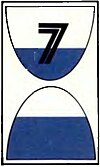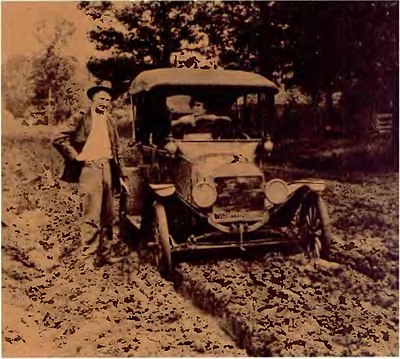
The
Beginning
of
Scientific
Roadbuilding
The appointment of Logan Waller Page as Director of the Office of Public Roads brought a new type of leader—the scientifically trained civil servant—into the highway movement. In 1893, when only 23 years of age, Page was appointed director of the road materials laboratory of the Lawrence Scientific School of Harvard University and also geologist and testing engineer of the Massachusetts State Highway Commission. At this time, although standard practice in France, the laboratory testing of road materials was unknown in the United States. Page enrolled in the French Laboratory of Bridges and Roads where he learned the French methods, introducing them later into his Massachusetts laboratory.[1] After 7 years of distinguished work for the Commission, Page was invited to Washington in 1900 to set up a road materials laboratory in the Bureau of Chemistry of the Department of Agriculture.[2] This laboratory tested thousands of specimens for the OPRI under the object lesson road program, and Page was instrumental in establishing testing laboratories in some of the States. In the reorganization of 1905, Page’s laboratory became the Division of Tests of the Office of Public Roads and eventually one of the world’s famous physical research organizations.

The Jefferson Highway near DeQueen, Arkansas, before improvement.
64
